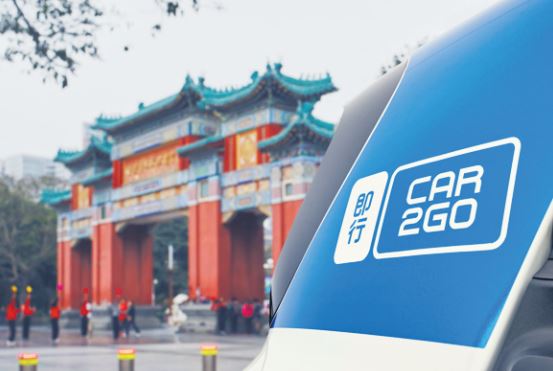Daimler pulls plug on car-sharing program


German carmaker Daimler is pulling its car-sharing program out of China as of June 30, in a sign of falling recognition of the business model that was believed to be a new way for consumers to experience driving and eventually leading to less people buying cars.
The company has already suspended its service called car2go, which allows users in major cities to drive shared smart-branded cars paid for on an hourly rate, according to a company statement.
It said in the statement that the decision was because of changes in China's market environment and in user needs, but did not elaborate further.
Daimler introduced the car2go program in the city of Chongqing in Southwest China in early 2016, and later expanded locations to include cities like Shenzhen, in South China's Guangdong province, and Chengdu, in Southwest China's Sichuan province.
At its zenith, the program had around 250,000 registered users in Chongqing alone, making it one of the cities in China where the service was most popular, according to media reports.
Analysts said high operating costs of vehicles, expensive rates and the limited number of cars as potential reasons for the program's demise.
The Economic Observer newspaper said Daimler offered some 800 vehicles, basically two-seat smart cars, in Chongqing, where there are three other car-sharing companies that offer more choices of vehicles at cheaper prices.
A report on China's sharing business said there are around 1,600 companies offering similar services, with a combined fleet of up to 130,000 vehicles, with most of them being electric.
Analysts said that there is not a clear and proven business model for car sharing and many of the companies are affiliated to carmakers, which sold vehicles to them for winning government subsidies and amassing credit as demanded by the authorities.
A JD Power report said car sharing is in the early stage of development in China and customers are not brand sensitive.
According to the report, customers are far more concerned about whether it is convenient to find and return vehicles, and about competitive pricing rather than the brand.
It found the top factors that discourage people to use shared cars are handling traffic accident-related problems and untidy cabins.
Pei Lin, an auto product director at JD Power, said: "The nature of sharing means customer experience will be a key differentiator. If the service providers cannot offer high-quality and carefree services, customers will stay away."
Despite current setbacks, the sharing model still has potential if well managed.
A JD Power survey shows that 70 percent of its respondents said they are sure or likely to give up their own cars if mobility services including car-sharing and ride-hailing meet their expectations.




































